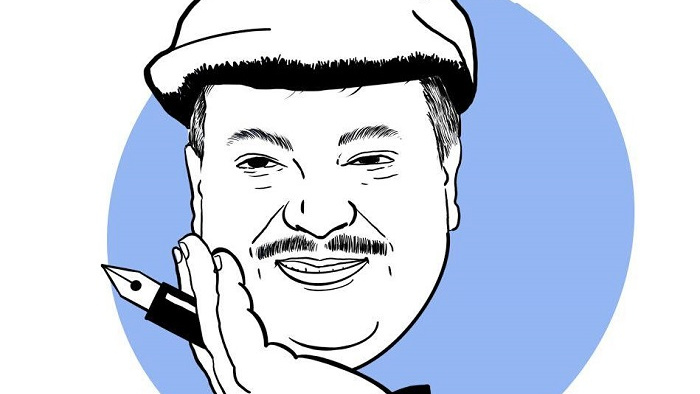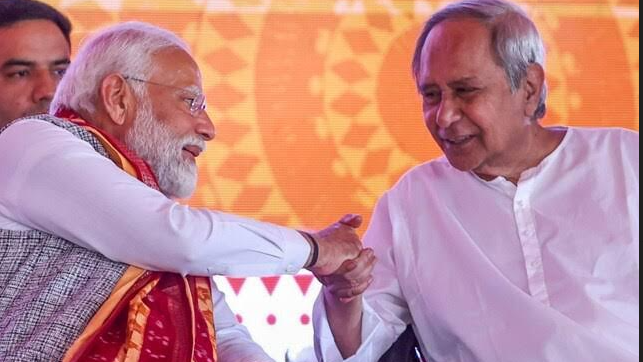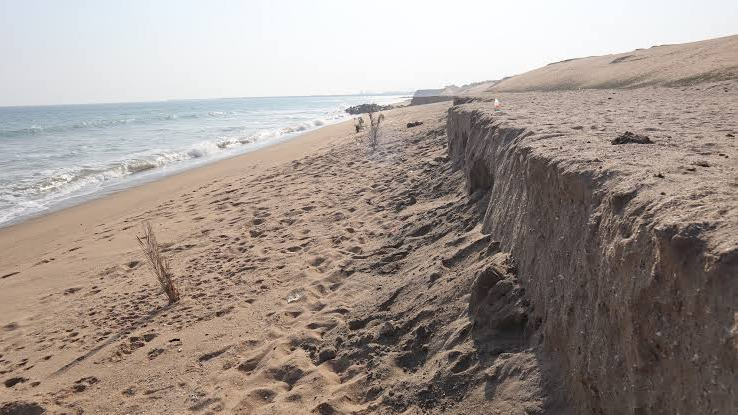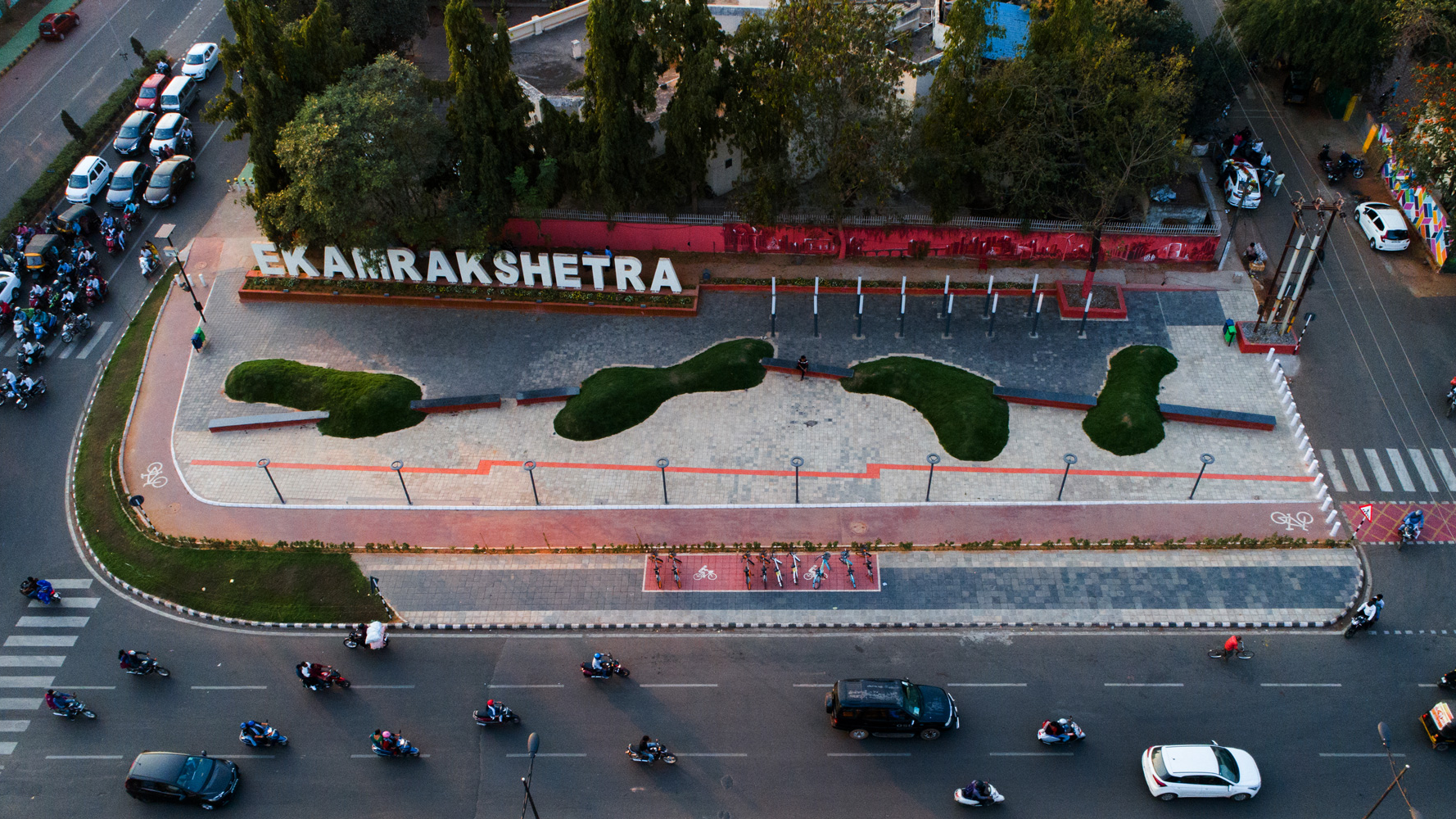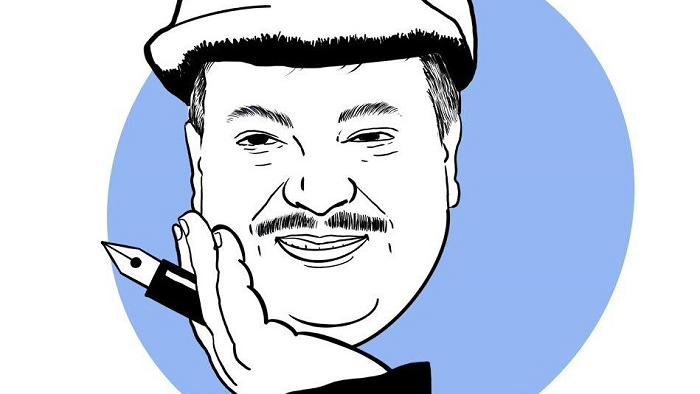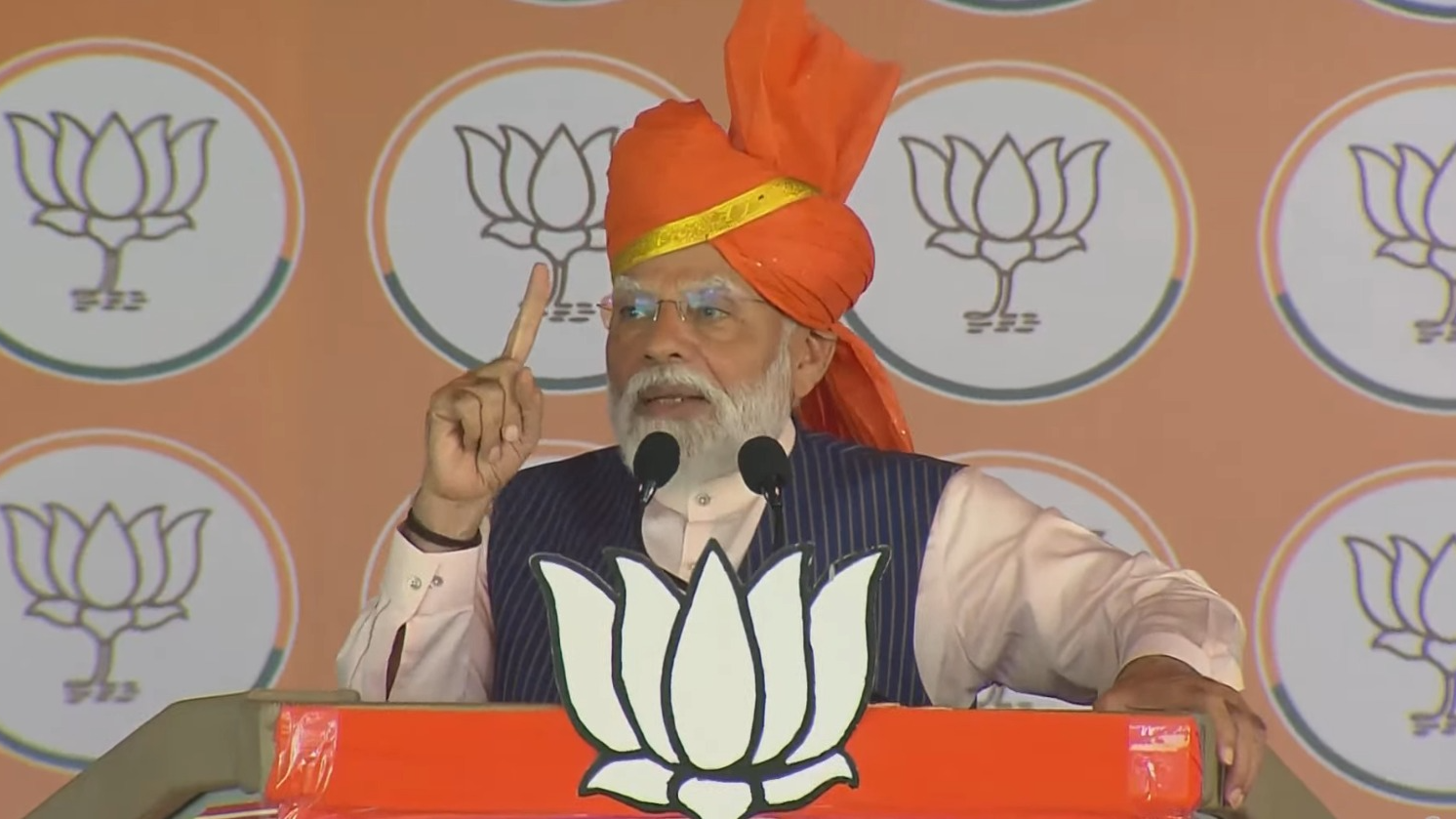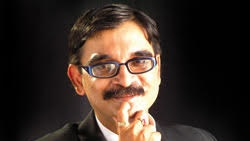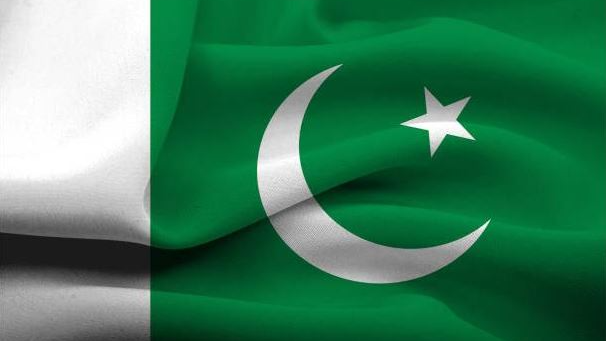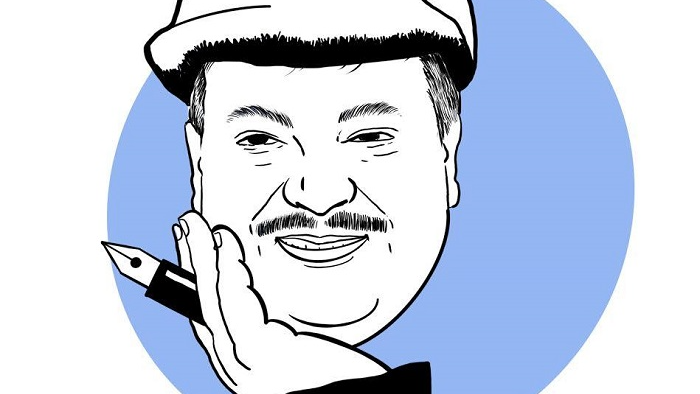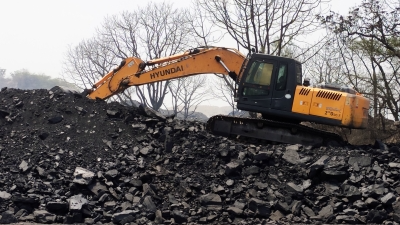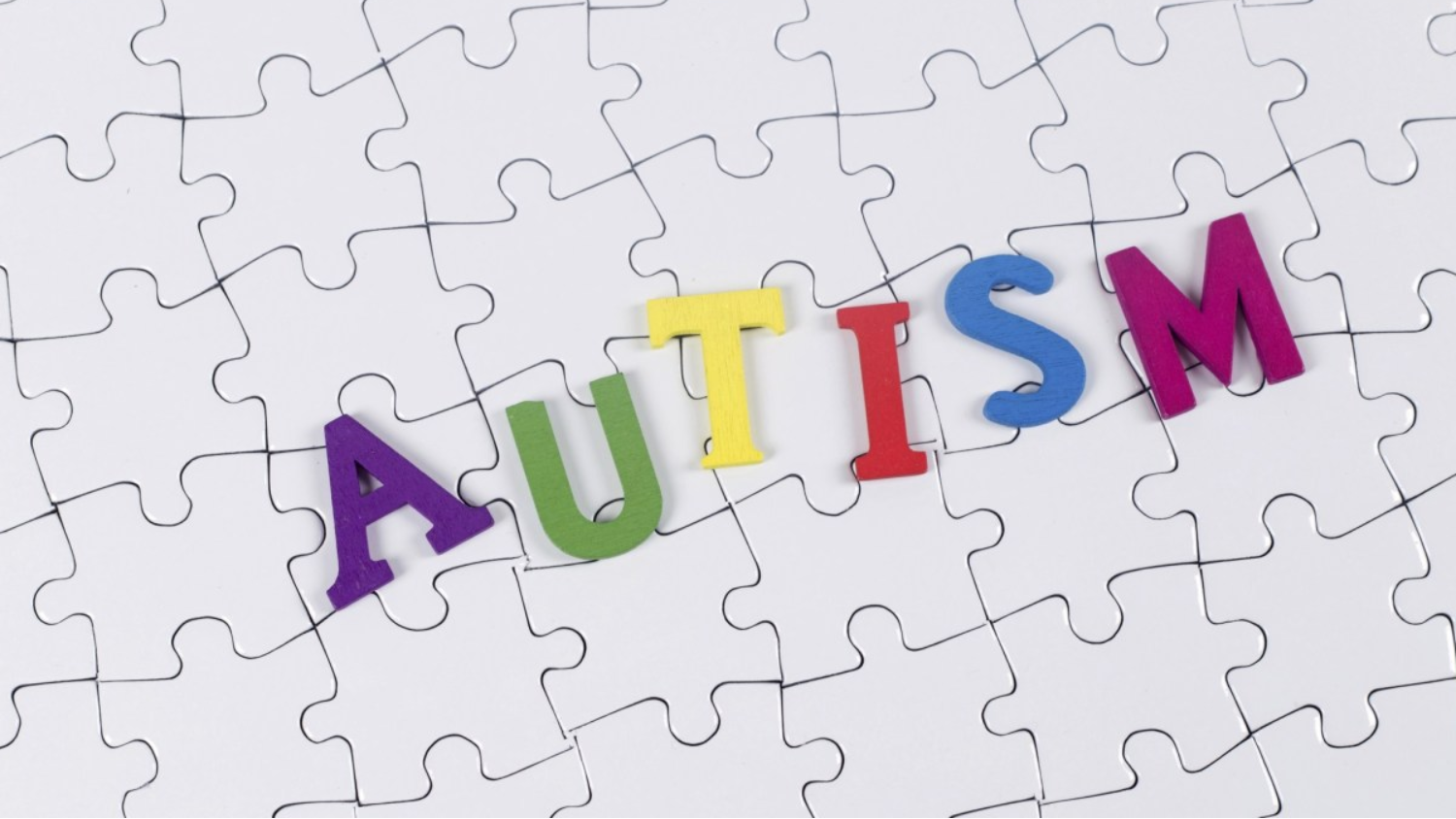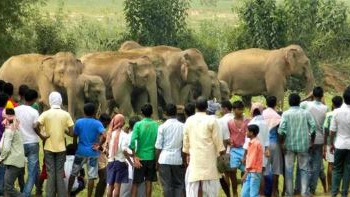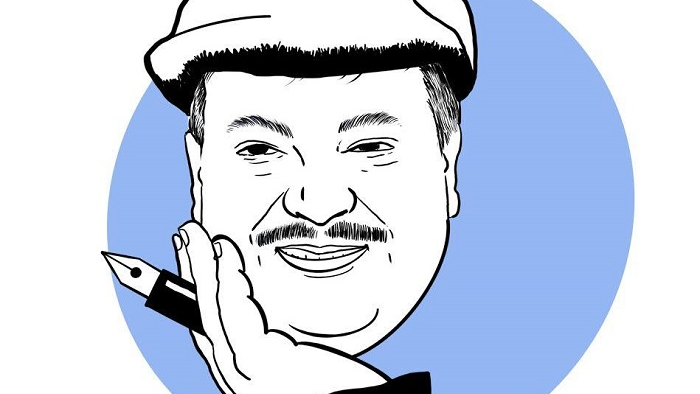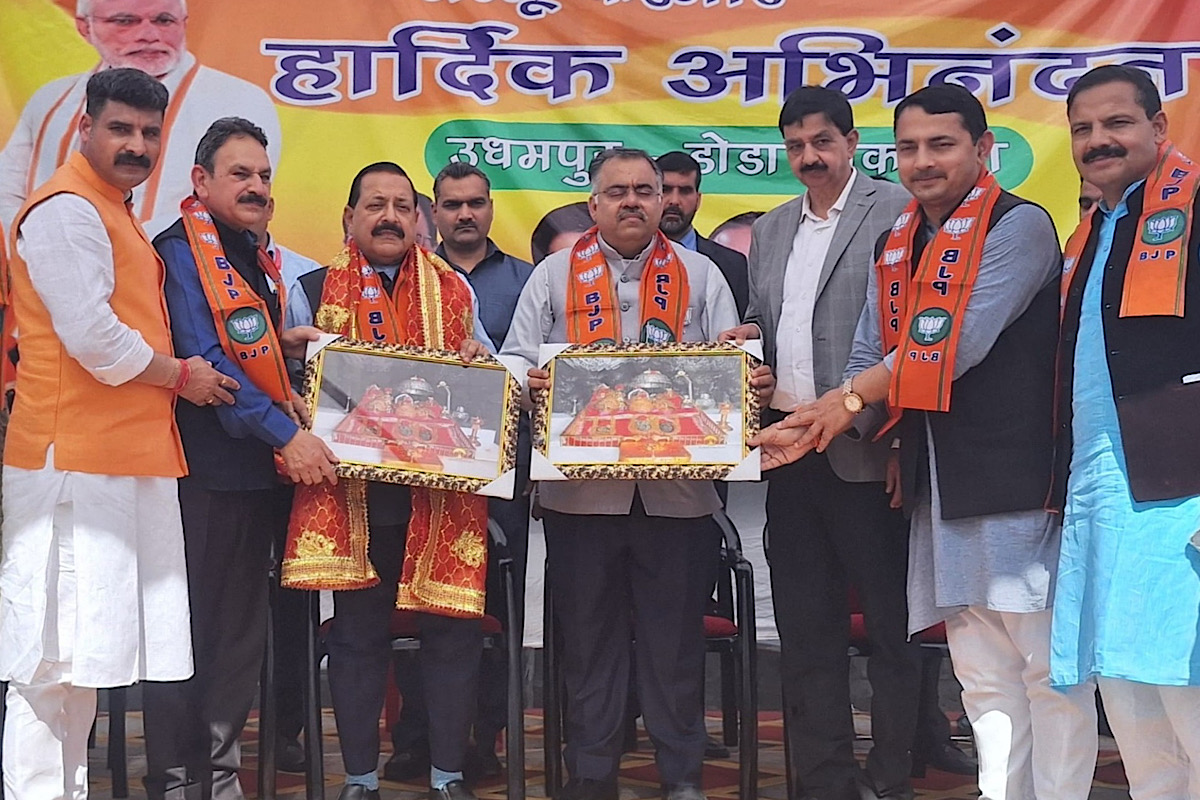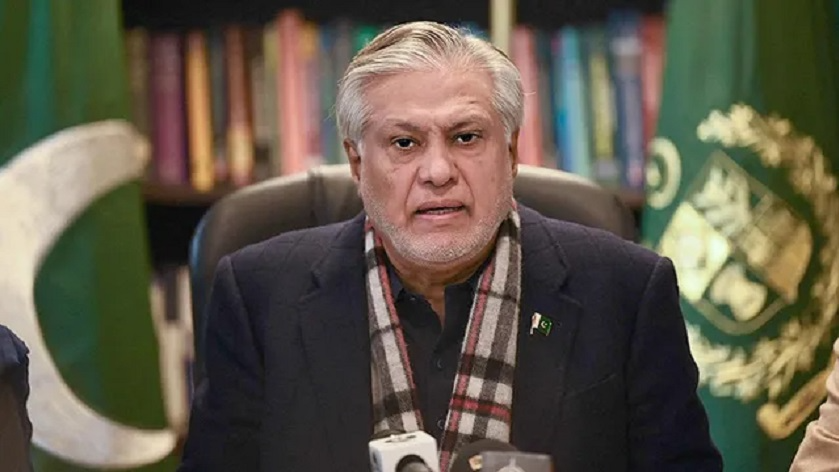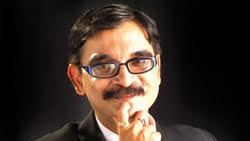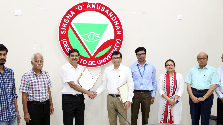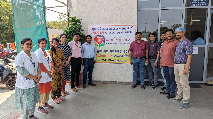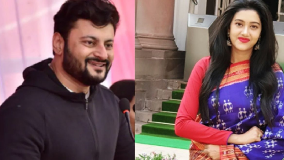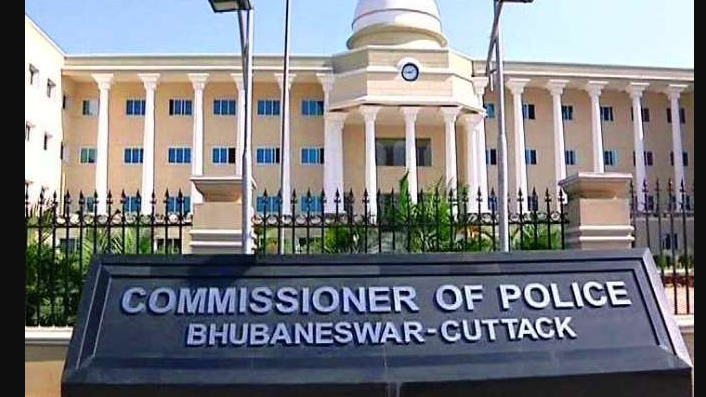SCO summit – Indian position as world leader resonates all over

Arun Joshi Much did not happen at the 22nd Shanghai Cooperation Organization Summit in Samarkand, Uzbekistan, - there were no much-anticipated bilateral meetings between Indian Prime Minister Narendra Modi and Chinese president Xi Jinping, and Pakistani prime minister Shehbaz Sharif, but the summit underscored the high pedestal where the Indian leadership stands today and can lead in charting a course to rectify the fault lines that have disturbed the world no end. Prime Minister Modi raised two issues in very categorical terms- he told Russian President Vladimir Putin, during their bilateral meeting on the sidelines of the summit, that this is not an era for war and in his speech made at the Council of Heads of State session, where Pakistan PM was also present, that all the members of the SCO give each other full right to transit. These remarks, in the current context, were very bold assertions of how India felt about the Russia-Ukraine war that has troubled the whole world and created new disruptions in the post-Cold War world order. India is a friend to Russia, and it has continued to import oil, despite the West’s objections, but that did not deter Modi from making it plain to Putin: “ I know that today’s era is not of war and we have spoken to you many times on the phone that democracy, diplomacy and dialogue are such things that touch the world. “ At this point in time, the whole world was watching how India conducted itself vis-à-vis Russia, especially when the consequences of now close to seven-month-old war in Europe has rattled the world, disturbed the balance of power and created crisis of unimaginable magnitude. The world is bearing the consequences of disruption in supply chains and food insecurity caused by the war. Modi , who has emerged as leader in global affairs, aligned with India’s position as “ Vishwaguru” or world leader, silenced all the skeptics in the West when he told Putin that he has deviated from the current needs of the world by unleashing a war. “Today’s era is not of war”, critically administered a message that a particular code of the 21st century has been violated. The code of diplomacy and dialogue, he stressed, should have been undertaken to resolve the issues that existed between Moscow and Kyiv. The Indian PM has already set examples of his faith in dialogue and diplomacy while dealing with tough situations in the neighborhood. Delhi has engaged Beijing in talks to get the issue of the border standoff along the LAC in eastern Ladakh resolved through dialogue, pushed by diplomatic means. Things had become critical and a war-like situation appeared on the horizon when Chinese troops, in a brutal clash, on June 15/16, 2020, left 20 Indian soldiers dead. This did not make Delhi to abandon the path of dialogue, and it is because of the continued round of talks , that Chinese and Indian troops have started moving back from the areas of likely confrontation, including Gogra-Hot Springs. It is not short of a miracle that despite more than a 28-month-long standoff, things have not been allowed to escalate, because war is devastation, though standoff, in itself, brings heavy costs of deployments in the Himalayan heights where freezing temperatures make summers bite like winters. What Modi meant to say was that India is leading by example. Second, PM’s call for full transit rights in the SCO grouping that represents 40 per cent of the world population was remarkable as it enables the countries to live by example by what they claim, especially with regard to Pakistan. It is a known fact that Pakistan has not allowed in full the supply of 50,000 metric tons of Indian wheat to Afghanistan. This way Pakistan has caused disruption in the supply of humanitarian aid to Afghanistan that is in dist5ess because of the continuing conflict and lack of resources. PM gave a fair picture of the things when he said, “ The pandemic and the crisis in Ukraine caused many obstacles in the global supply chains, due to which the whole world is facing an unprecedented energy and food crisis,” and against this backdrop, he stated that, “ SCO must make efforts to develop reliable, resilient and diversified supply chains in our region,” and also suggested how this can be made possible: “ This will require better connectivity, as well as it will be important that we all give each other full right to transit. About the Author: Arun Joshi is a senior journalist based in J&K. He has worked with Hindustan Times, Times of India, Indian Express, and The Tribune. He has authored “ Eyewitness Kashmir: Teetering on Nuclear War” and three other books. DISCLAIMER This is the personal opinion of the author. The views expressed in this write-up have nothing to do with those of prameyanews.com
Latest News

Young girl dies in elephant attack in Odisha’s...
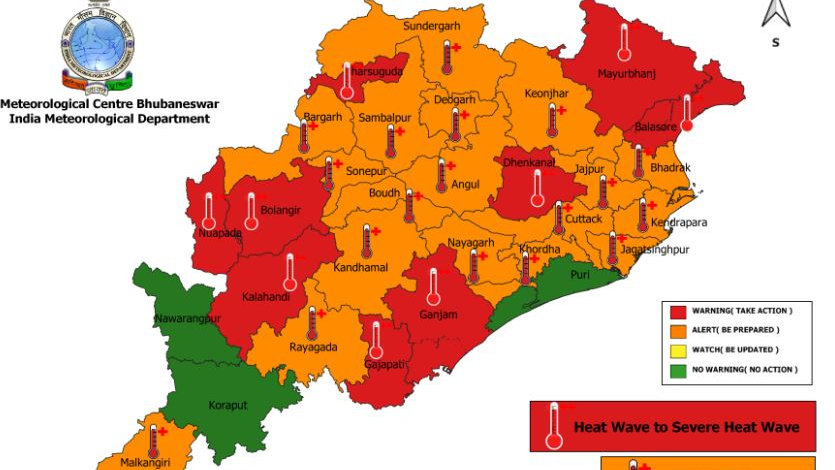
Odisha continues to grapple with intense heatw...

Snapchat logs significant growth in daily acti...

Rajkummar Rao, Khushi Kapoor, and Nayanthara h...
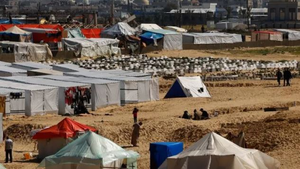
Ahead of planned ground invasion, Israel to ‘s...

Success has been my focus since childhood: Sam...
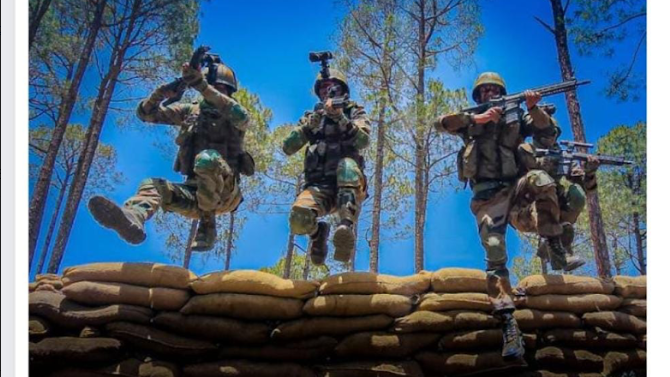
Two terrorists gunned down in J&K’s Baramulla
Copyright © 2024 - Summa Real Media Private Limited. All Rights Reserved.









